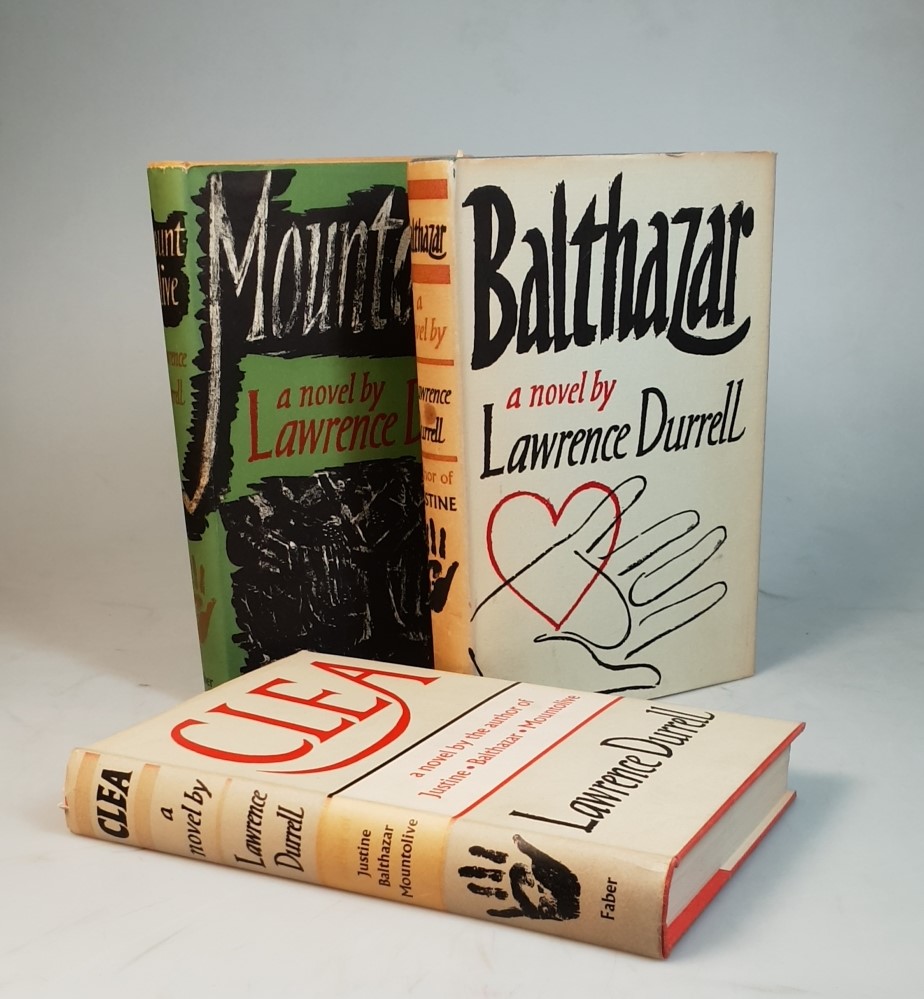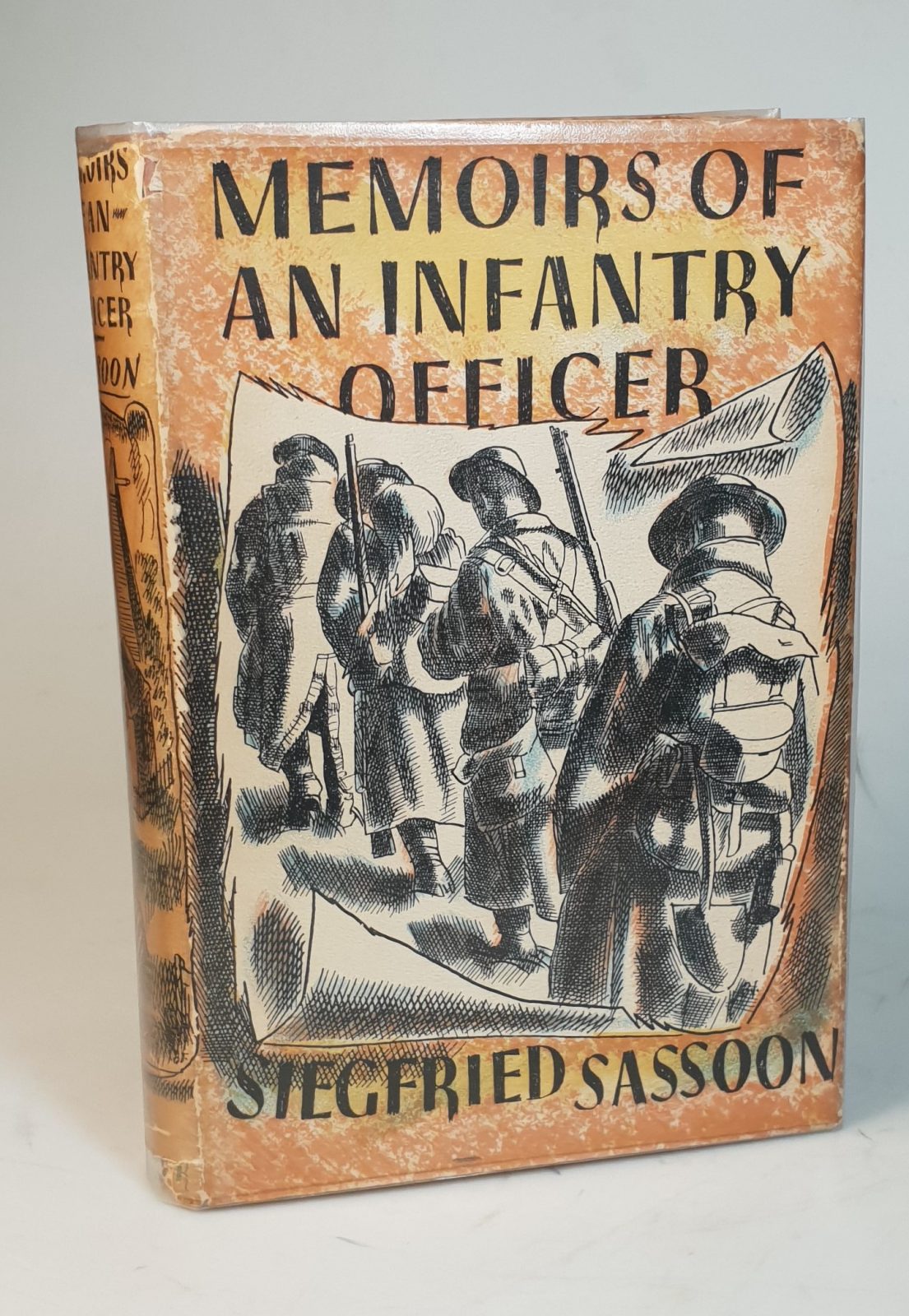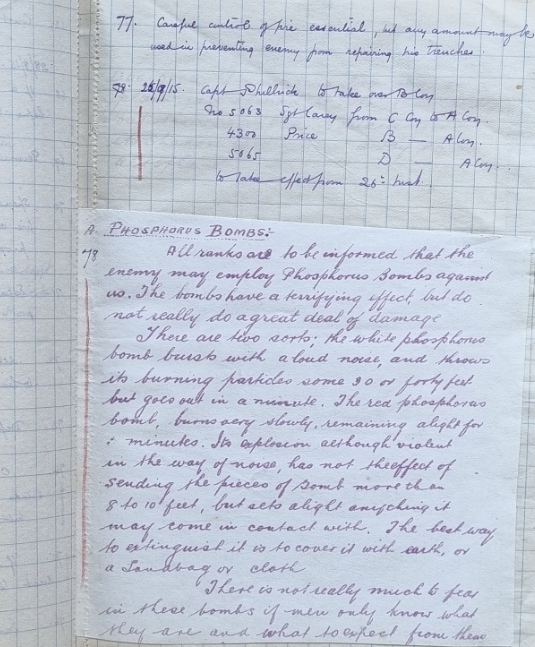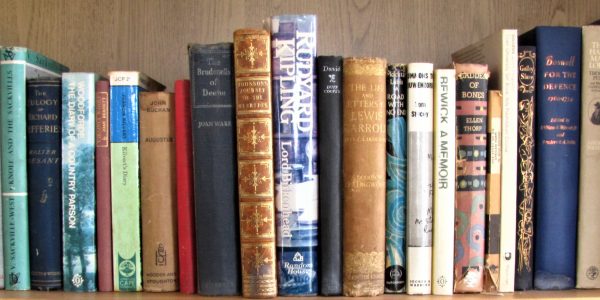Book valuation – a new chapter begins
When our specialist visits a client to undertake a book valuation, they are never quite sure what to expect. This is not surprising, considering the millions of books that have been printed since the earliest recorded example, the Diamond Sutra in 868 A.D. What can be predicted with more certainty is the disconnect felt by members of the public for the rows of antiquarian books left by their predecessors (a throw-back to a time when their ownership symbolised status, power and wealth). Instinctively, we still value old books, but our lifestyles, the homes we live in and their contemporary interiors often can no longer physically or decoratively accommodate, the vast numbers of titles they once did. This fall in demand has caused values of many moderate and lower value examples to drop to very low levels.

With the antiquarian book trade’s once ravenous appetite for vast numbers of old books somewhat suppressed, their focus is now set on acquiring the rare, fashionable, decorative and niche titles that will sit neatly upon their client’s mid-century bookshelves.
These and other factors will be taken into consideration by our book specialist when preparing a valuation report for probate, insurance and tax purposes. They will also offer help, advice and positive solutions as to what can be done with large quantities of unwanted books.
What you can expect from our book valuation service
Our specialist will help clients navigate through this selective market with discretion and impartiality. They will identify books that have appeal and offer advice as to the most cost-effective route to take to maximise the revenue from their sale.
Executors, administrators and estate representatives when entrusted with books can feel confident that Culvertons will prepare a valuation report for submission to HMRC in a professional and sensitive manner.
Our valuation, restoration and advisory services are also available to private individuals and businesses – if you possess a library or a single volume and would like to find out their value for financial protection purposes, please contact us.
When requested, we will organise the collection of unwanted books from customers for donation to charities or institutions.
Condition … condition …. condition !!
Apart from the rarest of books where choice is limited, the condition will always directly impact value. The following list of terms is used by the trade to categorise a book based on its physical state – from this, an estimate of a book’s value can be conveyed prior to examination –
- As new: in flawless condition. Not necessarily brand new, but never been shelved, thumbed, or opened.
- Fine (F or FN): like an ‘as new’ book there are no defects, not so fresh though, may have been opened and read
- Very Good (VG): signs of wear but no tears to the book’s binding or pages
- Good (G): no pages or leaves have been lost but signs of average use and wear
- Fair: a worn copy with all its pages of text and illustrative plates intact, but endpapers or half-title page may be lost
- Poor: areas of overall wear to include spotting, scuffing, staining, loose pages, joints, hinges, etc. plus losses
- Binding copy: perfect interior, however binding may be in a very poor state, off even lost
- Reading copy: not fit for any other purpose apart from reading
Areas of growth – from ‘Gollum’ to Gallipoli

Our book valuations will always reflect the astronomical values that can be achieved for the exceptionally rare publications from the early days of printing. However, it’s more likely to be material published from the early part of the 20th Century to the present day that stimulates widespread interest from collectors and members of the public when it appears for sale -here are a few obvious examples –
The importance of being relevant – for reasons of investment or personal reflection, books that have impacted upon the youth of a generation often see their value soar within a young reader’s lifetime. e.g. Animal Farm by George Orwell, Lord of The Rings by J.R.R. Tolkien, Lord of the Flies by William Golding, My Family And Other Animals by Gerald Durrell, The Adrian Mole books by Sue Townsend; and more recently the Harry Potter Books by J. K Rowling. First editions in fine condition are particularly sought after, especially if they have a poignant inscription from the author.
Overseas interest – fuelled by the hunger of a nation’s wealthy minority to reacquire centuries of dispersed literary heritage, prices for material from emerging markets such as India, Russia and China, amongst others, whether books, maps, or photographic albums, continue to rise.
Foreign language works, a niche and neglected area in the past, also now see an increase in demand from collectors and readers worldwide.

The personal touch – there has also been increasing interest in ephemera, such as albums, letters and journals. Apart from their historic content, their appeal partly lies in possessing a unique and personal document, directly connecting the buyer with a moment in time. Whether it’s a diary kept by a soldier during the first world war, a nineteenth-century photograph album of working elephants in Burma, or a letter signed by Sir Winston Churchill, there will be interest from across the globe with prices to match.
What other factors are impacting the value of general antiquarian books?
Transparency of online auction sales results has eroded the barriers of the once necessary relationship between dealer and collector – leaving both parties competing for the rare, unusual, and unique.
The plummeting values for large antique bookcases, in contrast to the steady demand seen for their smaller cousins, clearly demonstrate our desire to collect and display just a few significant and select titles.
The collecting base in the UK for traditional subjects and general decoratively bound books have contracted. However, this decline has been partially offset by the advent of online selling platforms dealers, and auction rooms bringing an international clientele through online selling platforms.
Has the advent of the internet had a positive influence on trade ?
Wealthy collectors and investors are now aware of the highly sought-after works appearing online, driving prices ever higher.
Why have dealers only shown interest in a few of my books?
The increased availability of physical and downloaded books, both factual & fictional, coupled with changes in decorative taste, has created an unprecedented amount of good but unwanted antiquarian books. Understandably, book dealers operating within this highly selective market only wish to purchase the works they can readily sell.
Do we provide book valuation services in your area?
Culvertons offer a book valuation service throughout central & southern England principally in Surrey, Kent, Sussex and Hampshire, including London.
How do I arrange a quotation?
If you wish to arrange a quotation, have a question about our services, or need some help and advice please send us an image via our contact page.

